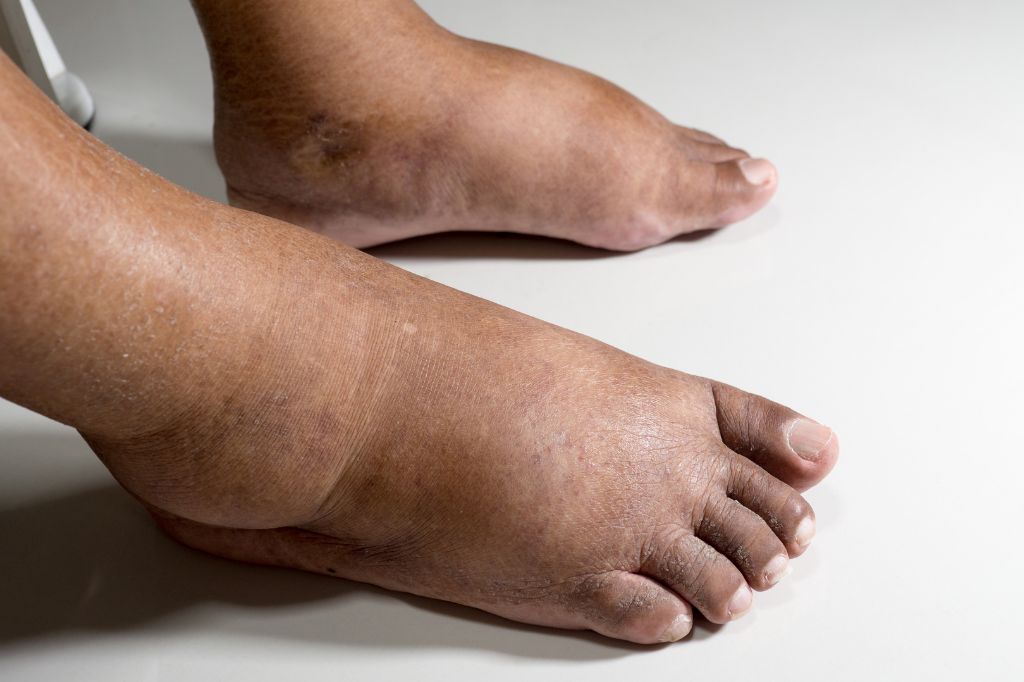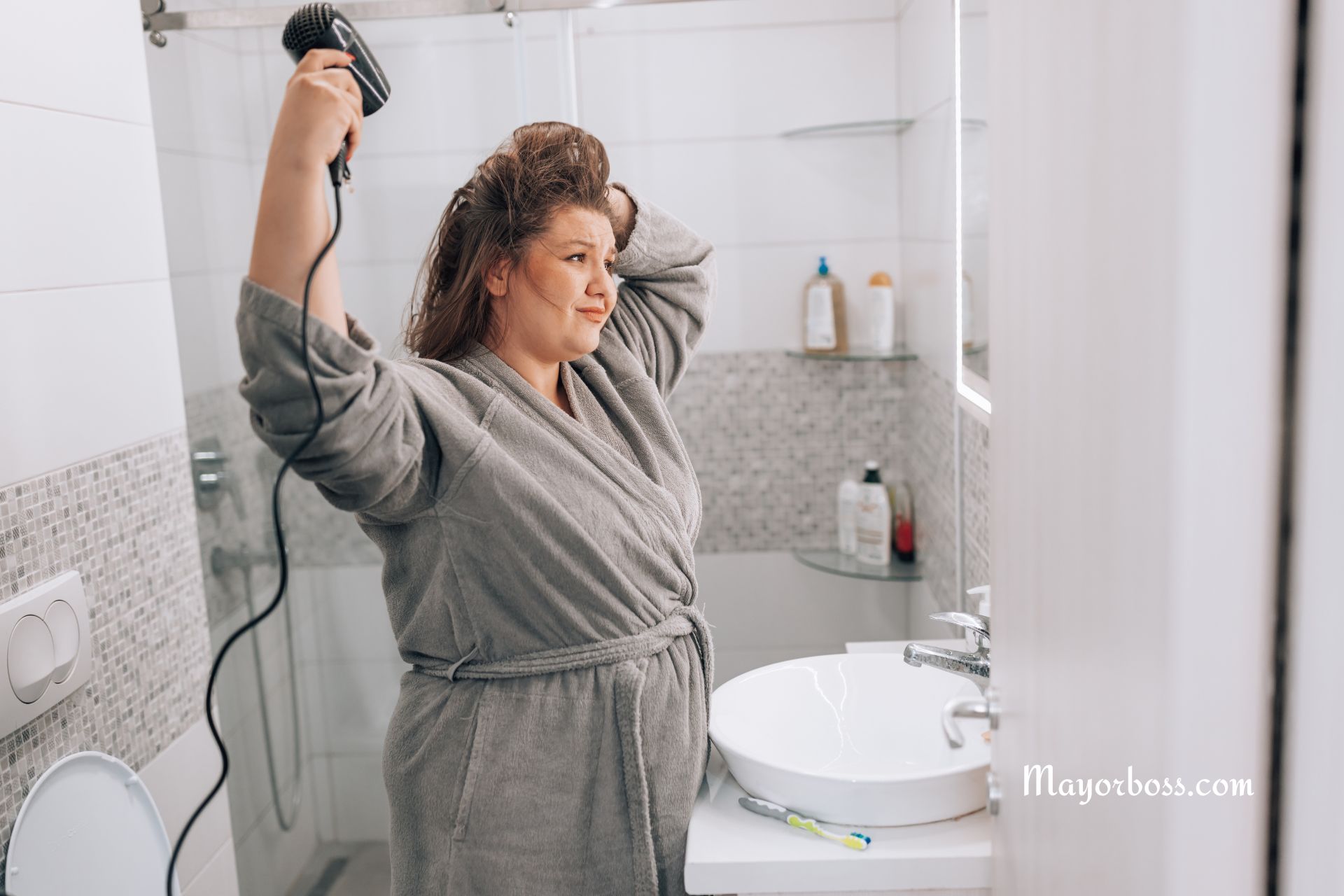Can Antibiotics Make You Sweat At Night?
Have you ever found yourself waking up in the middle of the night, drenched in sweat, and wondered if your medication could be the culprit? Specifically, can antibiotics make you sweat at night? This topic often goes undiscussed, but it’s important to understand how medications, including antibiotics, can affect your body. Today, we’ll explore whether antibiotics can lead to night sweats, understand why this happens, and provide some tips to manage or mitigate these uncomfortable episodes.

Can Antibiotics Cause Night Sweats?
Yes, antibiotics can potentially cause night sweats in some individuals. Night sweats, or excessive sweating during sleep, can be an uncomfortable side effect of taking antibiotics for some people. Here’s why this might happen:
- Body’s Reaction to Fighting Infection: Antibiotics are prescribed to fight bacterial infections. As your body works to combat the infection, your immune response can elevate your body temperature, leading to sweating.
- Medication Side Effects: Some antibiotics can directly affect the body’s temperature regulation or trigger reactions that lead to sweating.
- Hypersensitivity or Allergic Reactions: In rare cases, an allergic reaction to a specific antibiotic might cause night sweats as part of the body’s response to what it perceives as a harmful substance.
Understanding the Cause
Identifying the exact cause of night sweats while on antibiotics involves considering several factors, including:
- Type of Antibiotic: Certain antibiotics are more likely to cause night sweats than others due to their specific mechanisms of action or side effect profiles.
- Dosage and Duration: High doses or prolonged use of antibiotics might increase the likelihood of experiencing night sweats.
- Underlying Infection: The severity and type of infection being treated can also contribute to night sweats, as the body’s immune system is activated to fight off the infection.
Management and Mitigation
If you’re experiencing night sweats while taking antibiotics, there are steps you can take to manage this side effect:
- Stay Hydrated: Drinking plenty of fluids can help regulate your body temperature and replace the fluids lost through sweating.
- Keep the Room Cool: Maintaining a cooler bedroom environment can help reduce the occurrence of night sweats.
- Wear Breathable Clothing: Choose light, breathable fabrics for your sleepwear and bedding to help keep your body cool.
- Discuss with Your Healthcare Provider: If night sweats are severe or persistent, it’s important to consult with your healthcare provider. They can assess whether the night sweats are a side effect of the antibiotic or related to the underlying infection being treated.
In some cases, your healthcare provider may adjust your medication or recommend additional treatments to help manage night sweats.
Frequently Asked Questions
1. Are night sweats a common side effect of antibiotics? While not the most common side effect, night sweats can occur in some individuals taking antibiotics, depending on the type of antibiotic, the dose, and the individual’s response to the medication.
2. Should I stop taking my antibiotics if I experience night sweats? You should not stop taking prescribed antibiotics without first consulting your healthcare provider. Stopping antibiotics prematurely can lead to the development of antibiotic-resistant bacteria and failure to properly treat the infection.
3. Can other medications cause night sweats? Yes, medications besides antibiotics, including antidepressants, hormone therapies, and medications for diabetes, can also cause night sweats as a side effect.






